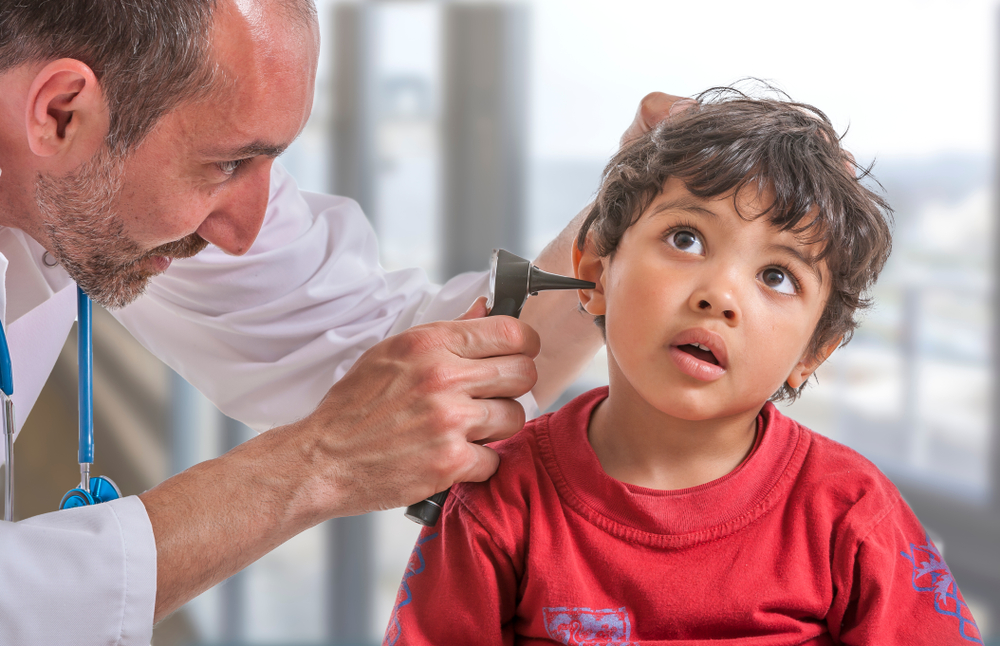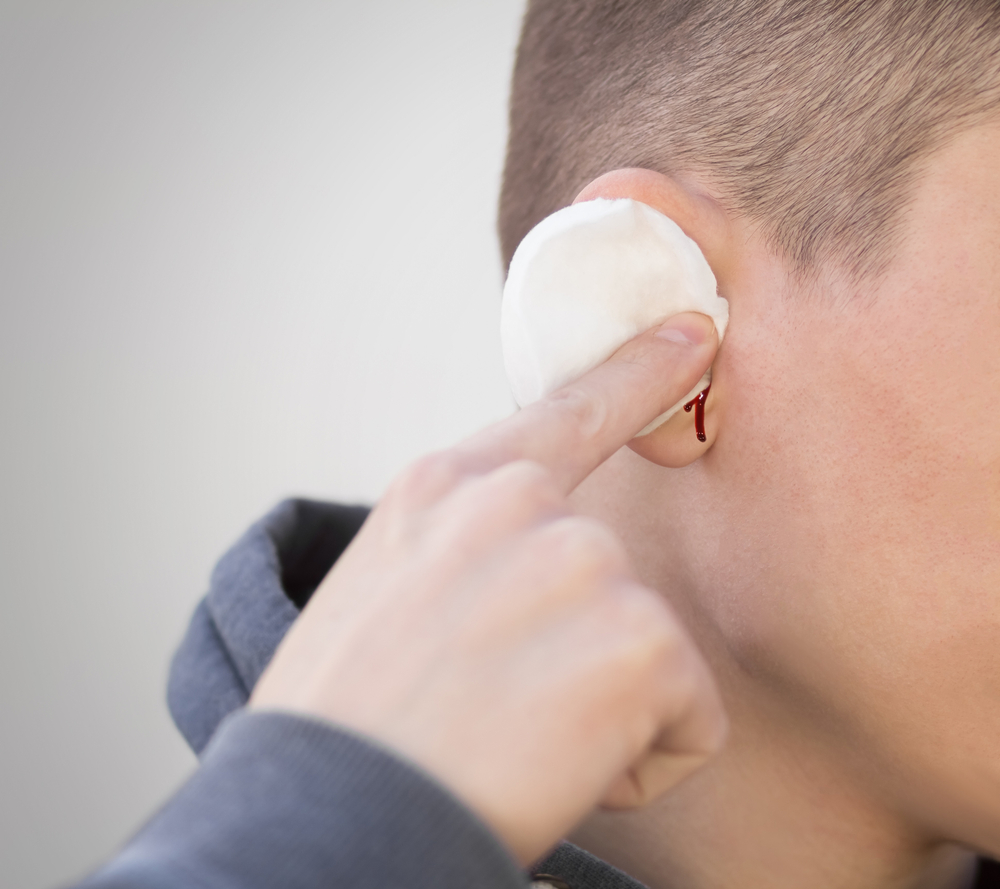Receiving a diagnosis of sleep apnea can feel overwhelming. While you may have heard of sleep apnea before, it can be difficult to fully understand the implications when it becomes a personal concern. If you’ve been dealing with disruptive snoring, excessive daytime sleepiness, or difficulty staying awake at night, a sleep apnea diagnosis can raise questions about what to do next. It’s essential to take this condition seriously—here’s everything you need to know about sleep apnea, its health impacts, and the treatment options available to you.
Why you should take sleep apnea seriously
Sleep apnea is not a condition to ignore, as it can significantly affect your health. Obstructive sleep apnea (OSA), the most common type of sleep apnea, is a disorder where your breathing repeatedly stops and starts while you sleep. This interruption in breathing occurs when the muscles in your throat relax, narrowing or even blocking your airway. As a result, your body struggles to take in enough air, reducing your blood oxygen levels and triggering your brain to wake you up—sometimes hundreds of times per night.
These frequent disruptions prevent you from getting the deep, restorative sleep you need. The result? You may experience persistent fatigue, trouble focusing, headaches upon waking, and irritability. Sleep apnea may also lead to a range of other troubling symptoms, including dry mouth, reduced libido, and trouble concentrating during the day.
The broader health risks of sleep apnea
Sleep apnea isn’t just a nuisance—it’s a serious condition that can have long-term consequences for your health. If left untreated, obstructive sleep apnea has been linked to a variety of chronic conditions, including high blood pressure, heart disease, stroke, diabetes, and liver problems. In fact, OSA is a known risk factor for severe health complications, and it can reduce your overall lifespan if not addressed.
A common factor in many sleep apnea cases is obesity, which exacerbates the condition and increases the likelihood of developing related health problems. Weight management is, therefore, a crucial element of treatment for those with OSA. By managing your weight and improving your overall health, you can lower the risk of sleep apnea-related complications, such as heart attack or stroke, and improve your quality of life.
Identifying your sleep apnea severity and treatment options
Sleep apnea treatment plans are personalized based on the severity of the condition. Sleep apnea is classified into three levels: mild, moderate, and severe. The more severe the condition, the more intensive the treatment will be.
For patients with mild sleep apnea, lifestyle changes can often significantly improve symptoms. Some of the most effective modifications include:
- Weight loss to reduce pressure on the airway
- Managing diabetes to control blood sugar levels
- Sleeping on your side instead of your back
- Avoiding smoking, alcohol, and caffeine before bedtime
- Eating smaller meals in the evening to avoid triggering symptoms
For moderate to severe cases, more advanced treatments are necessary. The Continuous Positive Airway Pressure (CPAP) machine is the most widely used treatment for OSA. The CPAP delivers a constant flow of air through a mask to keep the airway open while you sleep. This allows for uninterrupted breathing throughout the night. While some patients may find the CPAP mask uncomfortable, many report significant improvements in their sleep quality once they adjust to the device.
For patients who cannot tolerate the CPAP or are looking for a less invasive option, there are alternatives, such as oral appliances that reposition the jaw to keep the airway open. Your ENT specialist can assess whether you’re a good candidate for this type of therapy.
In cases where other treatments have not been successful, surgery may be considered. Surgery is generally considered a last resort after conservative methods have been explored. Surgical options can include procedures to remove excess tissue from the throat, reposition the jaw, or correct structural issues in the airway.
Managing sleep apnea for a better quality of life
The good news is that sleep apnea can be effectively managed. The first step in managing your condition is recognizing the symptoms and seeking a diagnosis. Once you understand the severity of your sleep apnea, you can work with an ENT specialist to develop a treatment plan tailored to your needs.
It’s essential to address sleep apnea early. Treating the condition can improve your sleep, restore your energy, and reduce your risk of serious health problems. If you’ve been diagnosed with sleep apnea or are experiencing symptoms, find an ENT specialist today.



